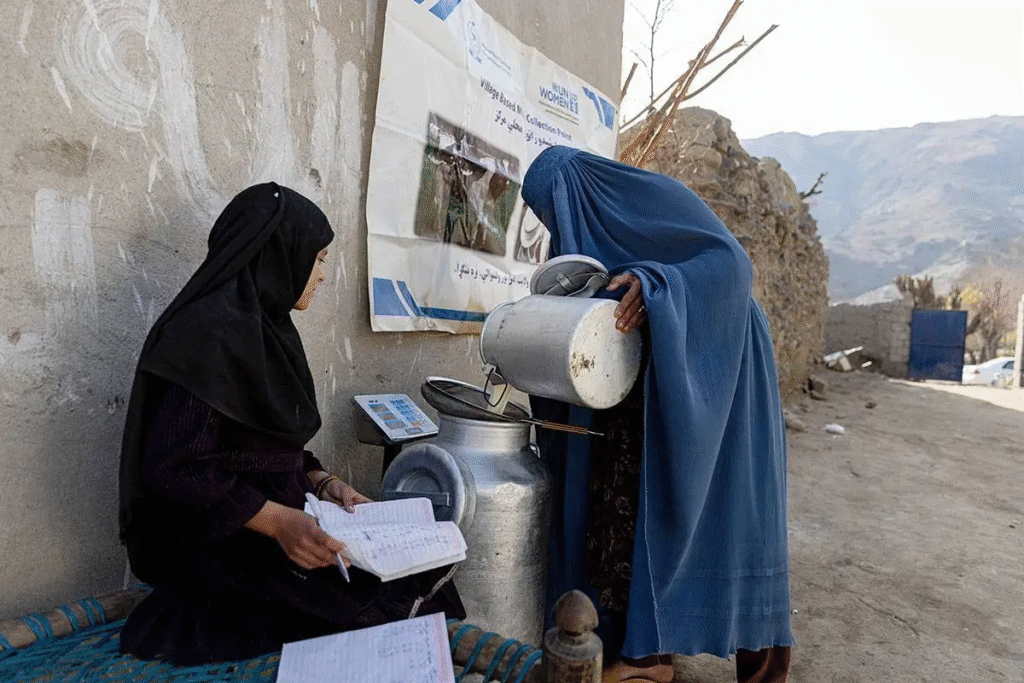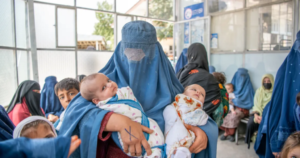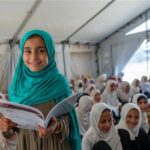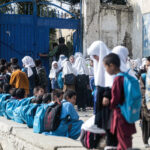The United Nations Women’s Section states that eight out of ten young women across Afghanistan are deprived of their right to access education, schooling, and employment.
Today (Tuesday, June 27), this organization published the Gender Index Report for Afghanistan for the year 2024, indicating that following the return of the caretaker government to power, Afghan women have significantly fallen behind global standards of human development.
The report mentions that Afghanistan has the second-largest gender gap in the world, with a 76% disparity between the achievements of women and men in the areas of health, education, financial participation, and decision-making.
It is noted in the report that Afghan women, on average, only realize 17% of their full potential to choose and access opportunities, while women worldwide achieve 60.7%.
The UN Women’s Section emphasizes that Afghanistan still has one of the largest gender gaps in the workforce globally.
The organization adds that Afghan women are more likely to work at home and in low-paying, insecure jobs.
According to the report, 74% of women spend significant time doing housework, while this figure is only 3% for men.
The Gender Index Report for Afghanistan in 2024 states that there is currently zero female representation in the cabinet of the government, which hinders women’s ability to shape and implement policies and laws.
The UN Women’s Section states that despite being nearly excluded from public and political life, Afghan women continue to seek an inclusive government and find ways to voice their demands and concerns to the Taliban.
This organization asserts that Afghan women and girls have the right to political participation and to live with dignity, just like the men in the country.
The report quotes Sima Bahous, Executive Director of UN Women, saying: “The potential of women and girls in Afghanistan remains untapped. They support each other, run businesses, provide humanitarian aid, and speak out against injustice.”













